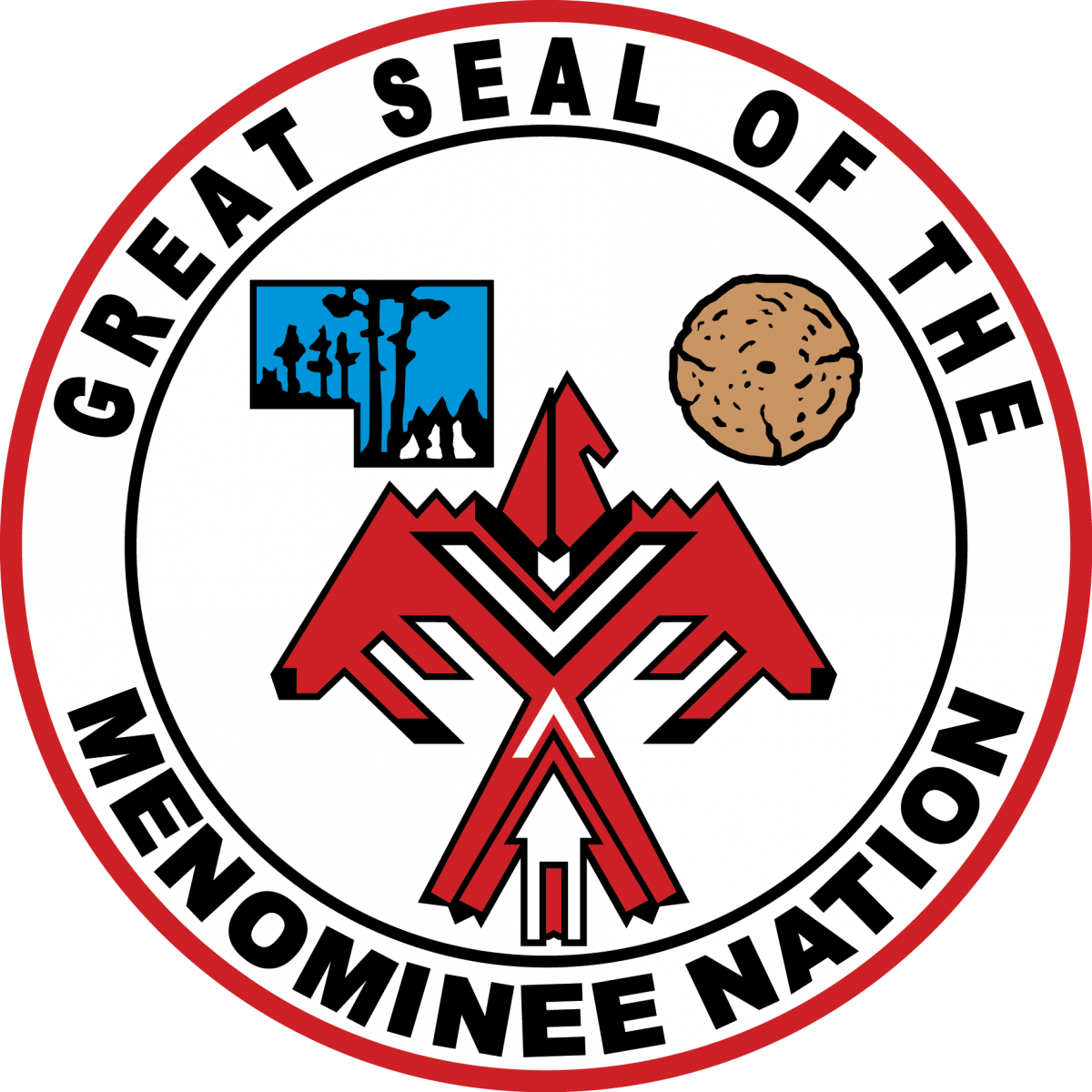Menominee Vietnam War Song
Myron Pyawasit, ca. 1973 |

 |
This song is in honor of Native Americans who served in the Vietnam War. In what other wars did Native Americans serve in the US military? |
 |
Why do you think many people from Native American nations believe it is important to honor their veterans who fought in wars of the United States? |
 |
What elements of traditional powwow music do you hear in this song? What is the significance of using traditional Native American music to commemorate modern-day soldiers? |
 |
At certain points in the song, women's voices can be heard singing. How does this strengthen the song's message about honoring veterans? |
|

"Menominee Vietnam War Song" performed by the Smokeytown Singers on American Warriors - Songs for Indian Veterans, © 2011. Available on iTunes, Spotify, and YouTube. |

Because this song uses vocables, lyrics are not available for it.
|
|

 |
Menominee Tribe seal. |
"Menominee Vietnam Veterans Song" was composed by Myron Pyawasit (b. 1954) of the Menominee Indian Tribe in Wisconsin. He formed his drum group, the Smokeytown Singers, in 1973 and wrote this song as a tribute to Native American veterans of the Vietnam War. The lyrics translate to "brave warriors from Vietnam are dancing, we are proud of you, thank you." The style of the music is typical of intertribal powwows. The regular beat of the drum is maintained by an inner circle of several people (traditionally men) as others dance in outer circles. The high-pitched singing is typical of the style of the northern plains tribes and is distinct from the lower-pitched southern style.
This song is included on an album titled American Warriors: Songs for Indian Veterans (1997), which was produced by the Grateful Dead's Mickey Hart in collaboration with ethnomusicologist Thomas Vennum, Jr. of the Smithsonian Institution. The album features songs recognizing Native American participation in all wars involving the United States, from the First World War on. |


